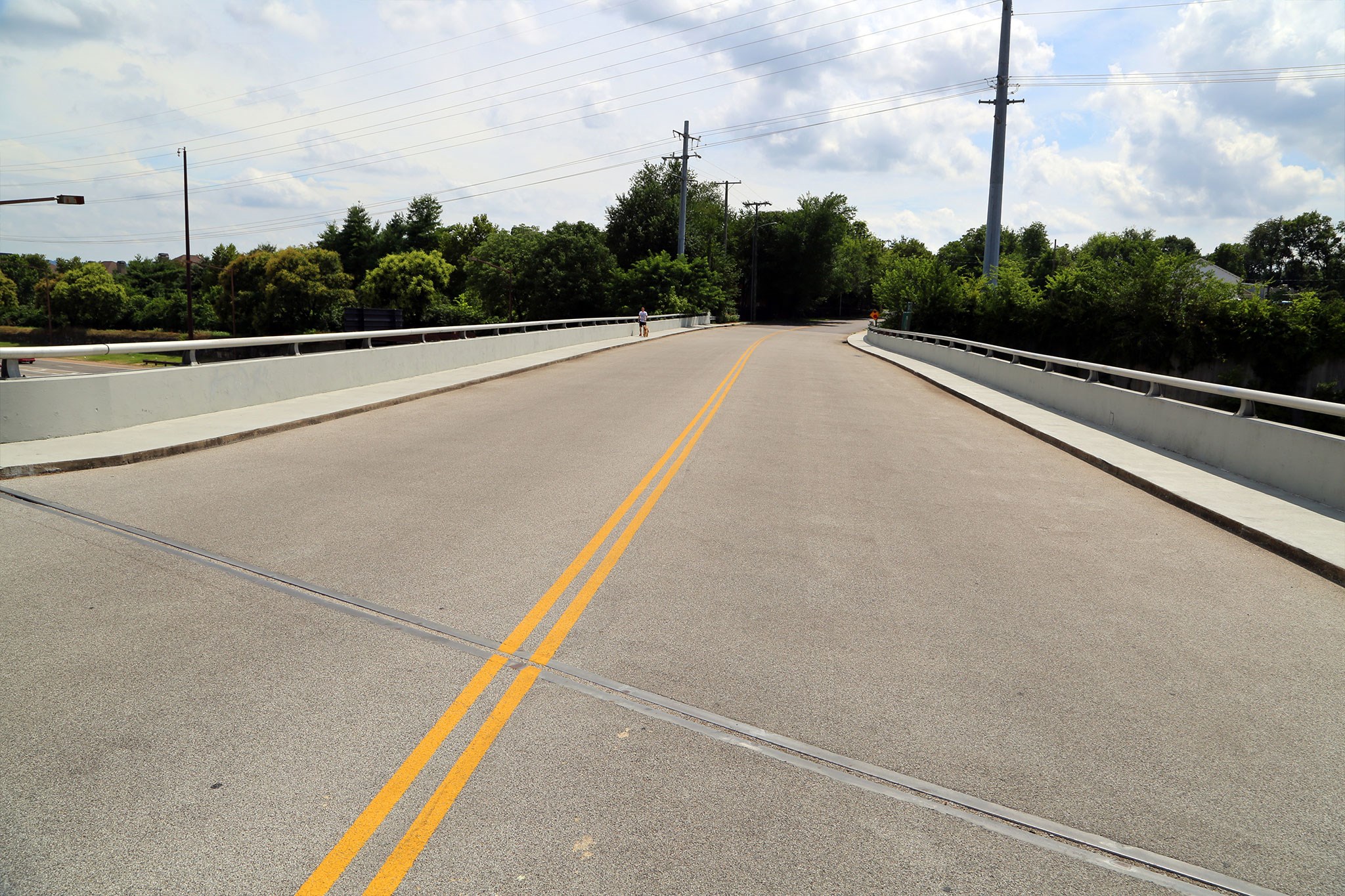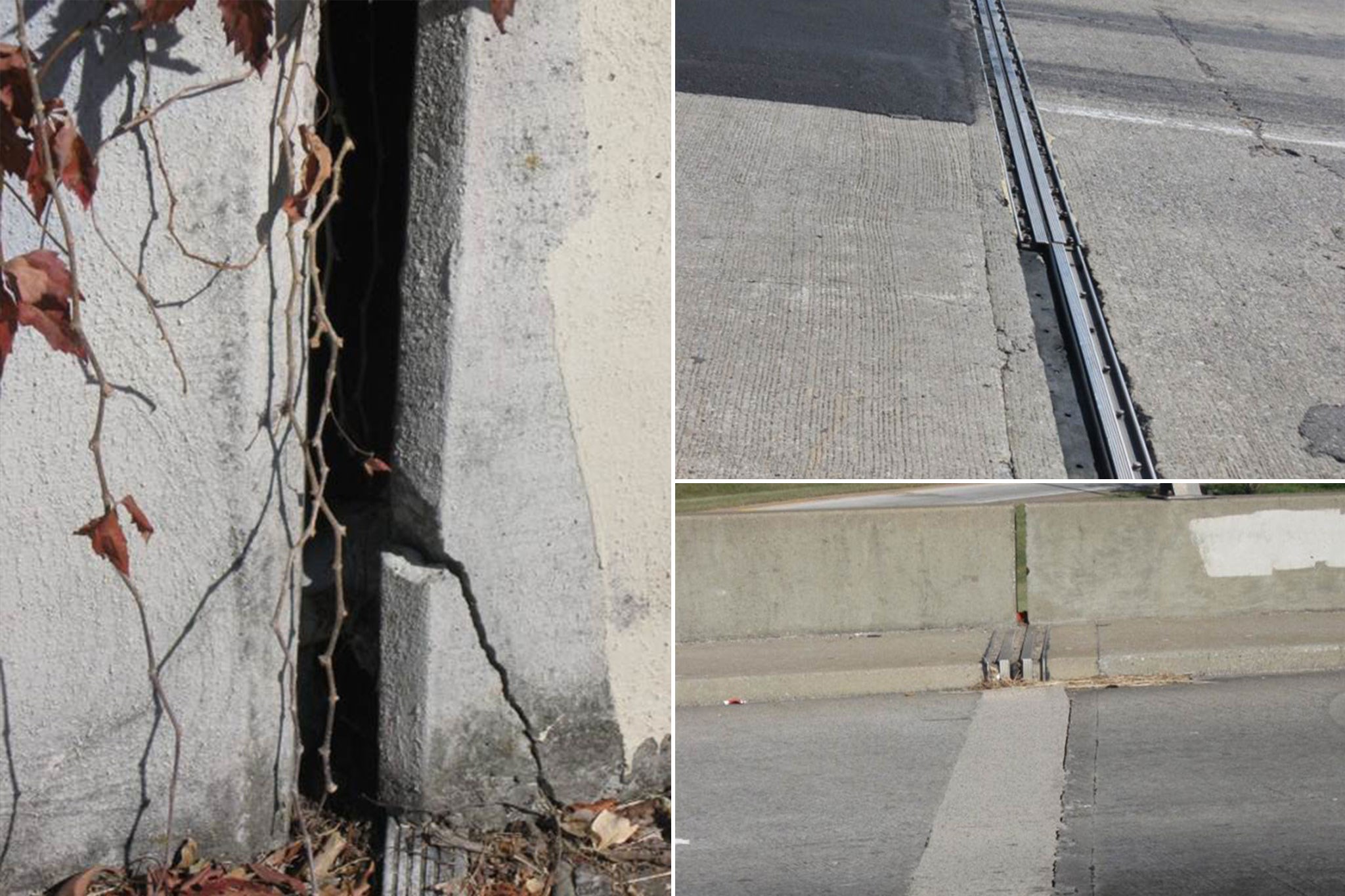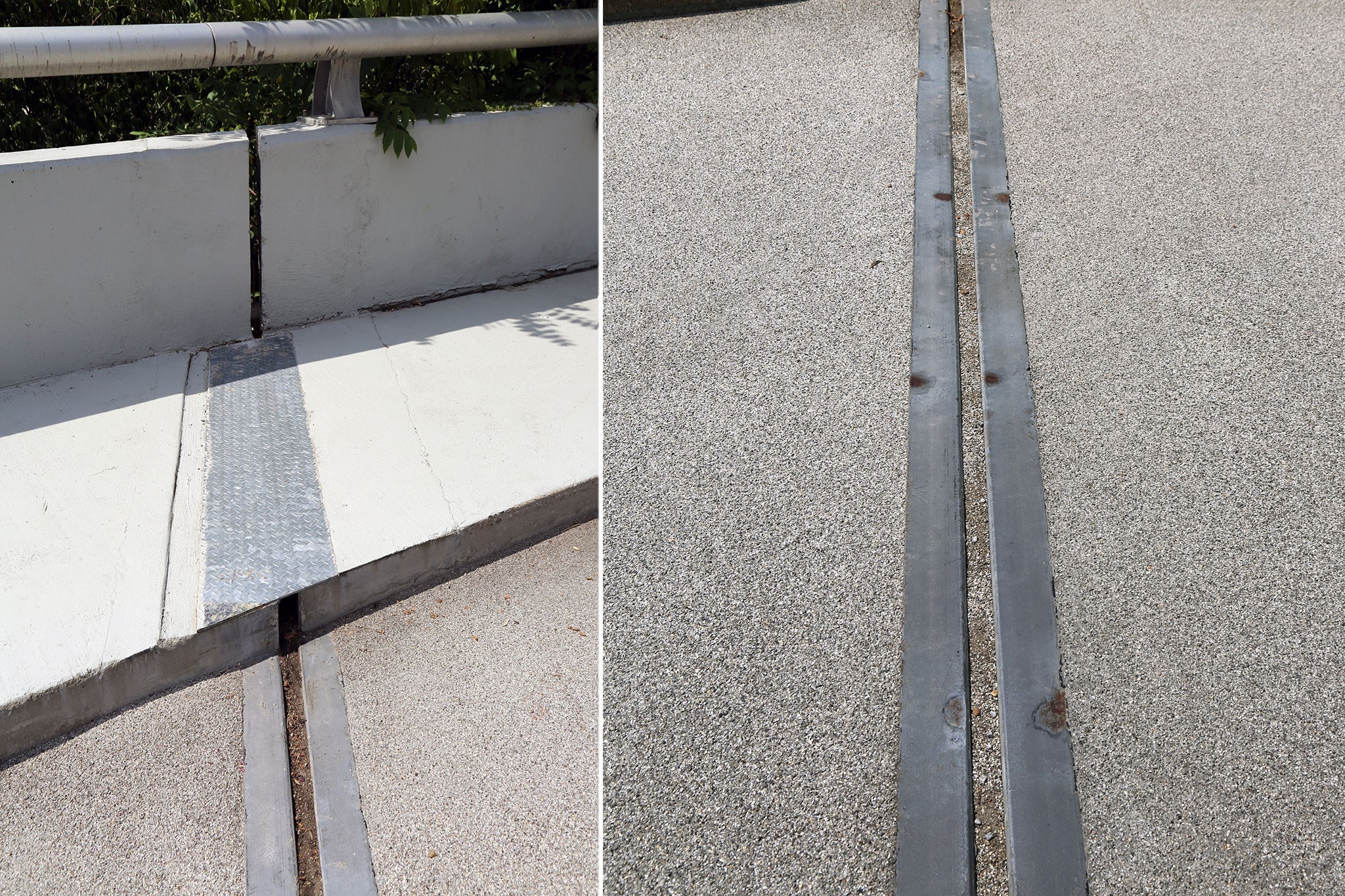To preserve existing bridge structures and extend their service life, the Tennessee Department of Transportation (TDOT) engaged Gresham Smith in an engineering-design effort to rehabilitate a set of heavily used bridges along Nashville’s Interstate 440—bridges that were originally constructed in the 1970s and ’80s, and were showing their age through increasing deck damage and deteriorating expansion joints.
A four-lane divided bypass loop south of downtown Nashville that spans 7.5 miles around Interstate 40, I-440 bisects Interstate 65 North and South, and provides exits to several bustling parts of town, including Hillsboro Road/Green Hills, West End Avenue/Vanderbilt University and Nolensville Road. This comprehensive project called for making repairs that would lessen the chance of accelerated damage to the bridges, and minimize the need for annual maintenance work.
Having worked on multiple repair projects for TDOT over the years, Gresham Smith’s well-established rapport with the department would prove vital to the success of the rehab effort. The team coordinated closely with TDOT’s Bridge Inspection and Repair Office in both the development of the repair plans for these bridges and in the fieldwork that was required during construction, including the identification of the specific areas of the bridge structures to be modified for improved inspection access.
Gresham Smith’s task became complex early in the project development, when what was initially a single-bridge engagement grew to 14 separate structures along I-440—none of which were originally designed or built alike. To meet this challenge, the design team created bridge-specific removal plans and then incorporated standardized repair details for all of the bridges. This pivotal step allowed the contractor to have many of the necessary replacement items identically fabricated, thereby reducing costs and making installation for field crews more seamless. Gresham Smith also employed innovation and standardization to make bridge repair plans as efficient and cost-effective as possible.
To help minimize congestion during construction, the design team worked closely with Metro Nashville Public Works to develop site-specific plans and lane assignments that would favor peak traffic movements during weekend construction cycles. These plans, along with detailed detour signage and advanced notification of project schedules, eased traffic congestion. In addition, the contractor was able to complete several work tasks during weeknight hours when traffic was the lightest in the area. The team also built in detailed plans for “smart” detours that routed drivers around the roadwork and made sure two adjacent bridges were not closed simultaneously.
In total, crews installed approximately 200 access portals, 1,800 linear feet of expansion joints, 20,000 square feet of deck seal and 6 miles of permanent roadway striping; replaced 4,000 square feet of sidewalk; and applied 500 gallons of sidewalk sealer. The design portion of the project was completed on schedule and under budget, while construction work was completed ahead of schedule and within budget.
Helping to create safer roadways for Nashville drivers and travelers passing through Music City for years to come, Gresham Smith’s cost-effective solution for a complex set of requirements will not only preserve state dollars, but also add years to the life of the bridges along a vital roadway.
Project Contact
Our team develops creative solutions for the world's toughest infrastructure problems.
Learn more about our Transportation expertise.



